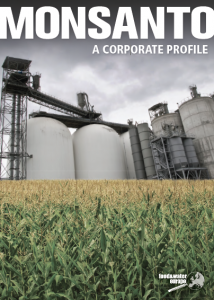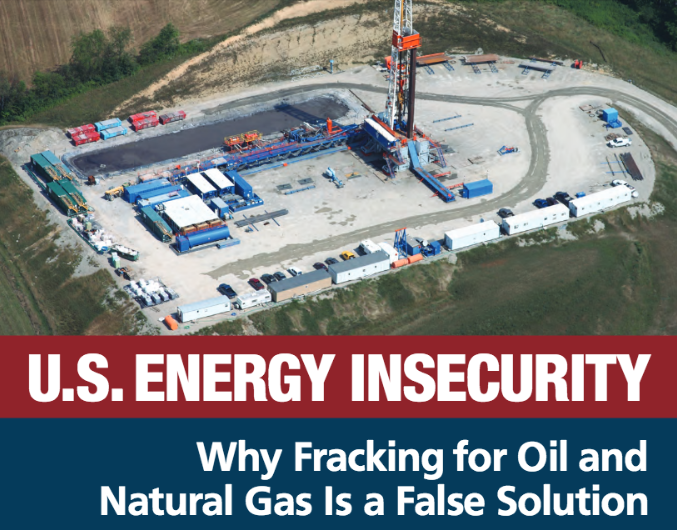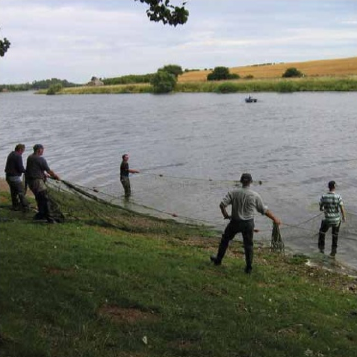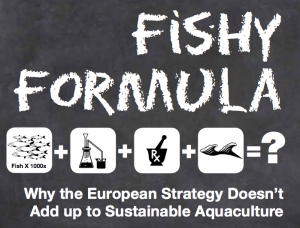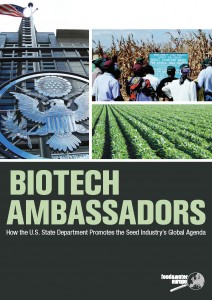 Agricultural development is essential for the developing world to foster sustainable economies, enhance food security to combat global hunger and increase resiliency to climate change. Addressing these challenges will require diverse strategies that emphasize sustainable, productive approaches that are directed by countries in the developing world.
Agricultural development is essential for the developing world to foster sustainable economies, enhance food security to combat global hunger and increase resiliency to climate change. Addressing these challenges will require diverse strategies that emphasize sustainable, productive approaches that are directed by countries in the developing world.
DOWNLOAD PDF
But in the past decade, the United States has aggressively pursued foreign policies in food and agriculture that benefit the largest seed companies. The U.S. State Department has launched a concerted strategy to promote agricultural biotechnology, often over the opposition of the public and governments, to the near exclusion of other more sustainable, more appropriate agricultural policy alternatives.
The U.S. State Department has also lobbied foreign governments to adopt pro-agricultural biotechnology policies and laws, operated a rigorous public relations campaign to improve the image of biotechnology and challenged commonsense biotechnology safeguards and rules — even including opposing laws requiring the labeling of genetically engineered (GE) foods.
Food & Water Watch closely examined five years of State Department diplomatic cables from 2005 to 2009 to provide the first comprehensive analysis of the strategy, tactics and U.S. foreign policy objectives to foist pro-agricultural biotechnology policies worldwide. Read the full report to learn more.



